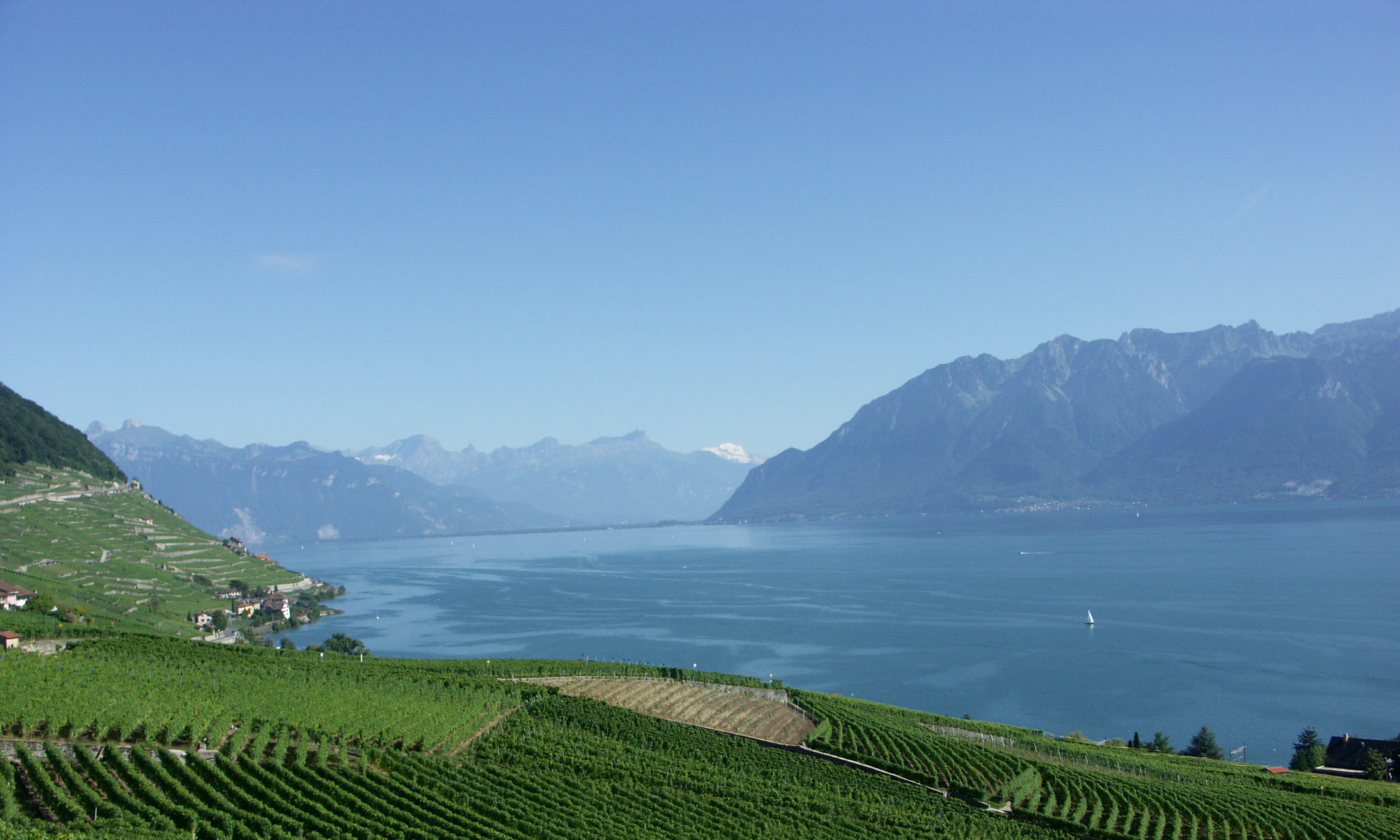What do you think is needed to:
a) Ensure production and dissemination of flood warnings that reach all people in your country? What do you expect from WMO in this regard?
b) Drought-proof your country? What do you expect from WMO in this regard?
c) Be informed enough to manage water wisely for food, energy, health, and the biosphere? What do you expect from WMO in this regard?
To reply to this question use the “Leave a reply” box/field at the bottom of this page.


a) It would be good to guarantee the immediacy of the information about the flood warnings using the new tools and information channels currently available, for example Whatsapp, Telegram, social networks (Facebook, Twitter) since they are tools used by the public in general, powerful and that meet the goal of reaching all audiences quickly.
b) Regarding the drought warnings it does not require as much immediacy as the flood events. In that sense it would be necessary to monitor the oceanic conditions that affect rainfall in each region and the dissemination of the weather forecasts in each country on a seasonal scale (quarterly for example).
ad a) Build the system not from the capabilities we have in observing and modeling, but from the needs of the people – the users (including accounting the capabilities to understand the information and act accordingly). WMO should promote this approach and help NHSs to understand how to get to users and learn about their needs.
ad b) generally the same – but the need for the increase in technical capacities of NHSs is also critical (this similarly applies for a) as well).
c) same as above.
Some suggestions for ensuring production and dissemination of flood warnings:
WMO could contribute by sharing international experiences , examples of protocols, and good practices on the previous topics.
WMO should support the interlink between meteorology and hydrology. There is no flood risk management without climatology of precipitation but appropriated spatial and temporal scales of this information is needed. There are ongoing developments, which requires more cooperation, e.g. ensemble based modelling and warnings, impact based forecasts and so on. Often the products of meteorology (e.g. re-analyses by regional models) are not useable by hydrologists. Here WMO should offer a platform for improved cooperation, not between scientists but between practitioners.
b- Actions proposed to drought proof:
• Perform regional climate simulations to develop mechanisms to mitigate drought consequences. WMO can contribute in funding scientific and economic projects to master and help local vulnerable regions to overcome severe drought episodes.
c- sensitize young people and children’s about drinkable water value in life, WMO can organize workshops to gather participants from all ages and generations in order to demonstrate the importance of saving water.
WMO can also funds small projects whose objective is saving water. For example, WMO can make awards for successful projects in good water management.